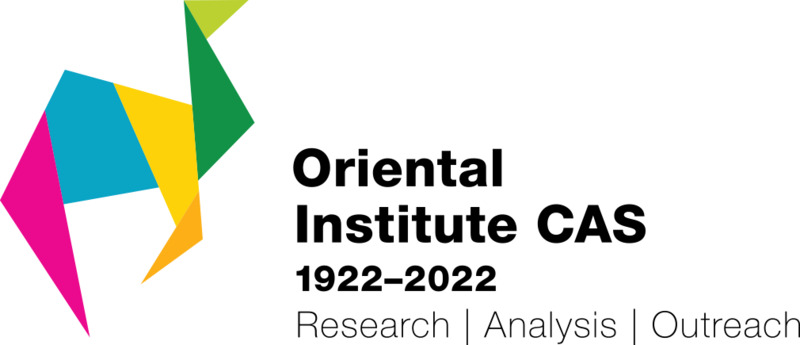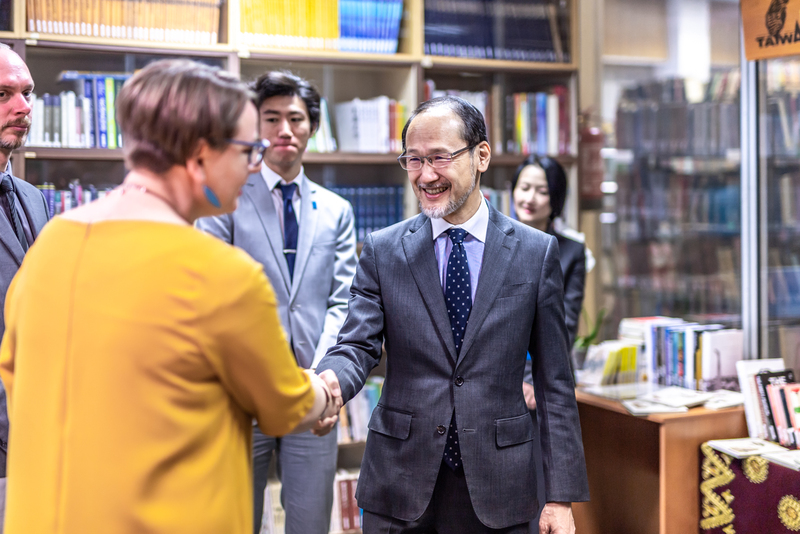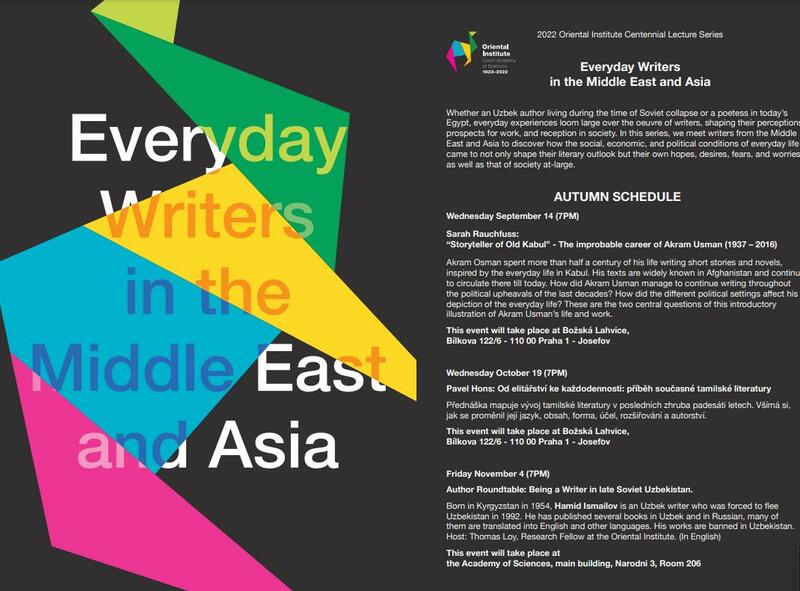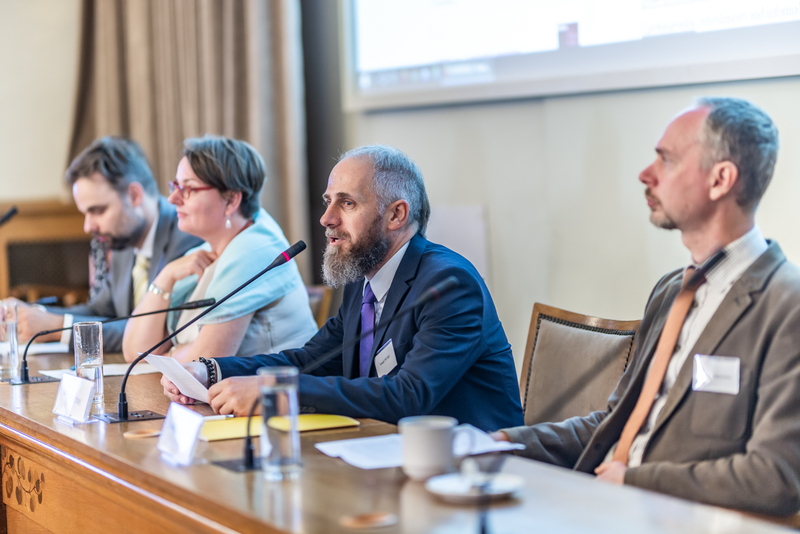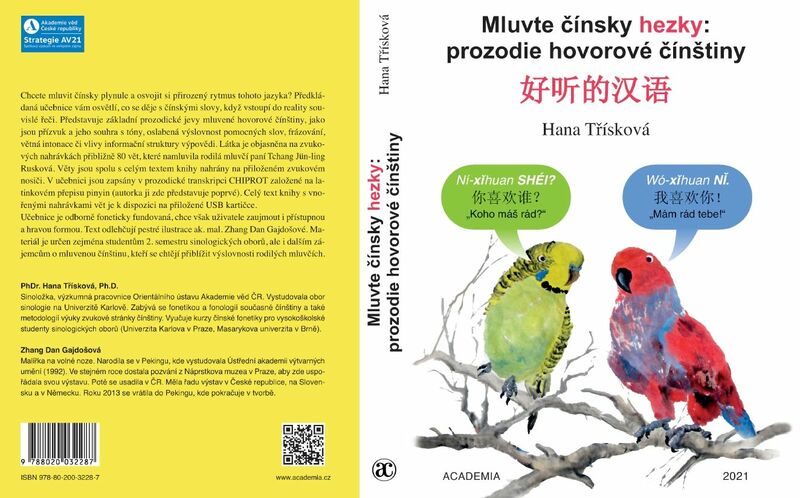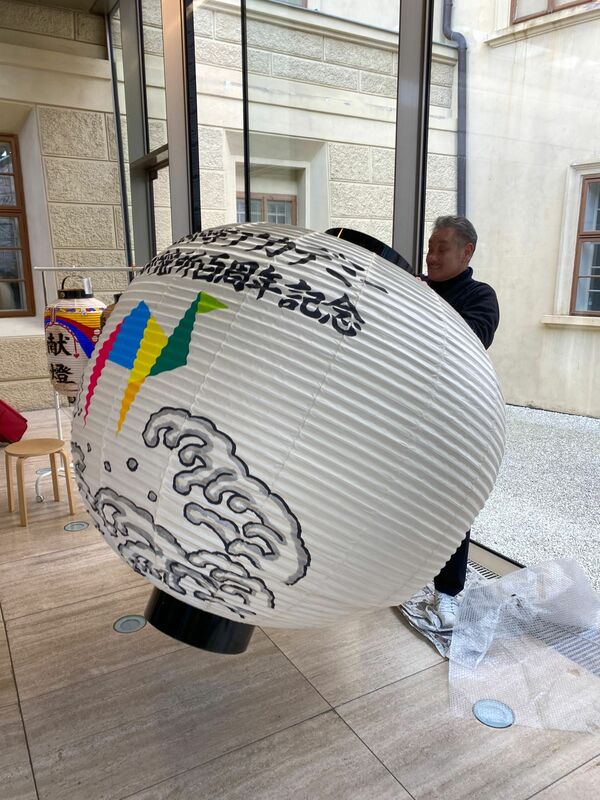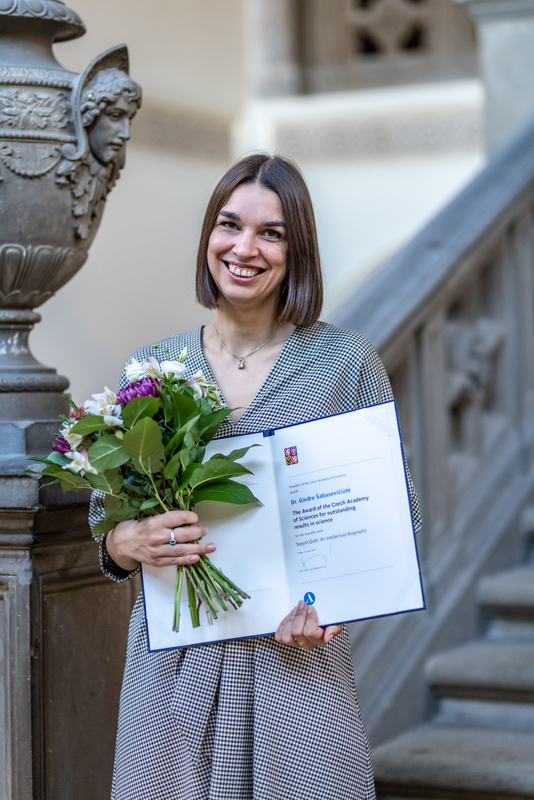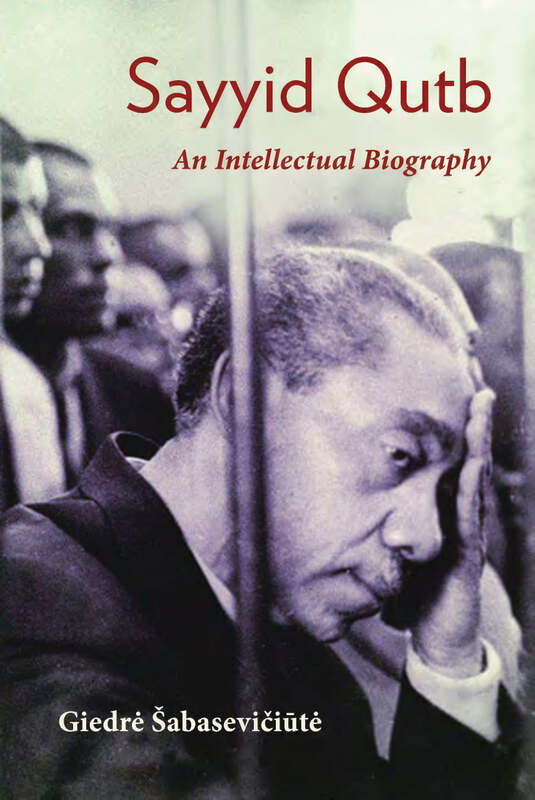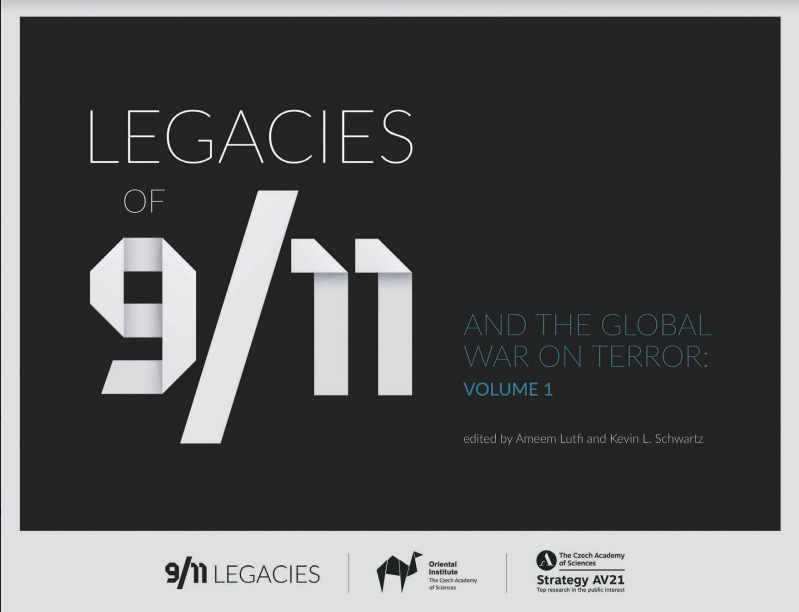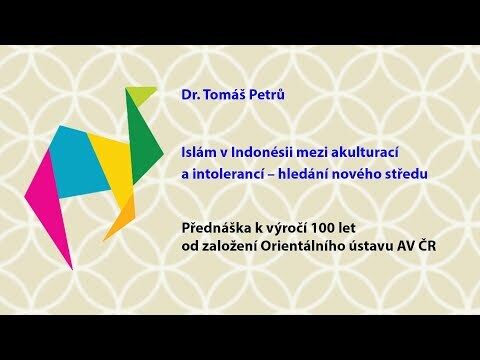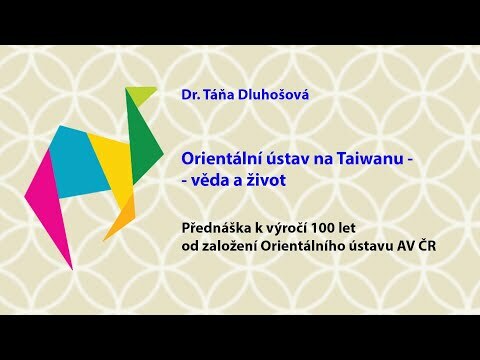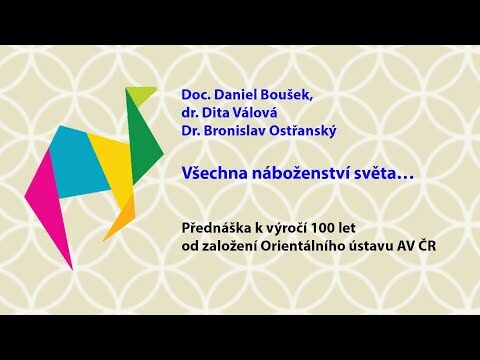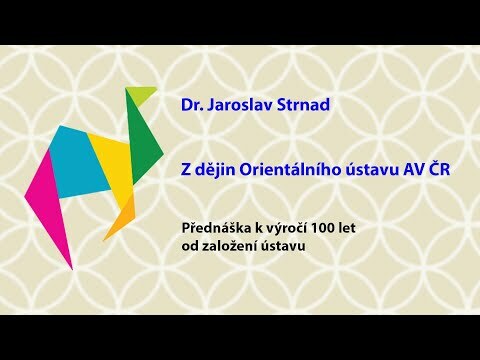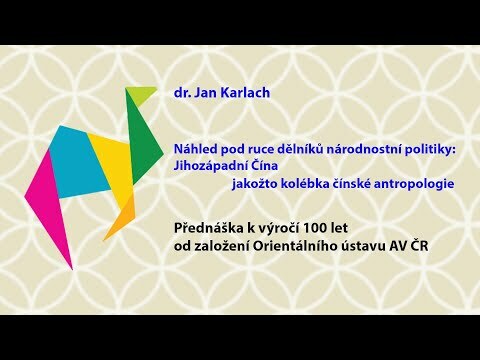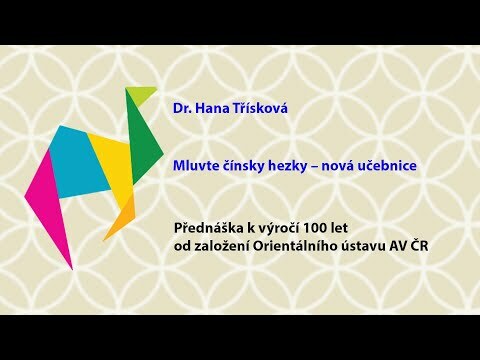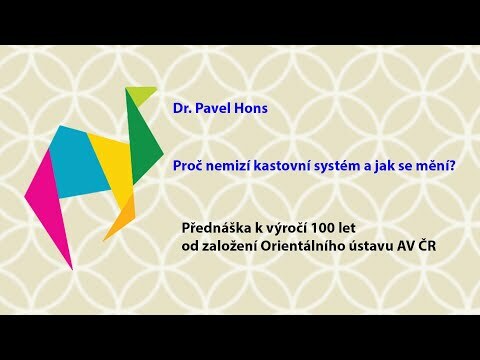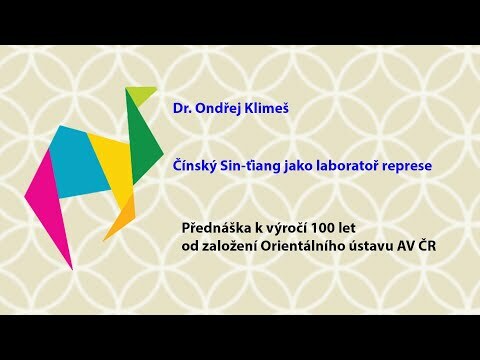Centennial Year
2022 marks the hundred year anniversary of existence of the Oriental institute. While these represent only a selection of activities, they reflect the manner the Oriental Institute has strived to establish harmonious relations across cultures during its 100 year history.
His Excellency Hideo Suzuki, Ambassador Extraordinary and Plenipotentiary of the Japanese Embassy in the Czech Republic, visited the Oriental Institute on April 7, 2022. Part of the visit was related to the symbolic turn over of book donations from The Nippon Foundation. The book endowment by The Nippon Foundation 日本財団 through the Japan Science Society is a token of friendship between the Czech Republic and Japan.
"Everyday Writers in the Middle East and Asia" is a lecture series organized by Thomas Loy and Kevin Schwartz. A series of events that include Thomas Loy in conversation with an Afghan author, a poetry reading in Arabic and Czech, Kevin Schwartz in conversation with Giedrė Šabasevičiūtė about her recently published book, and a night devoted to Taiwanese literature and a lot more were held in Spring and Autumn as part of the centennial celebration of the institute.
Elementary and middle school students in the Czech Republic shared their drawings as part of the contest “Who is an Orientalist?”. These are some of the images submitted by participants.
This conference titled "Oriental Studies and Research (not only) in Central Europe” was jointly organized by the Oriental Institute and the Masaryk Institute and Archives. This event was held to commemorate the centenary of the Oriental Institute in Prague. The symposium was thematically and theoretically diverse, as were the specializations, backgrounds, and origins of the twenty-two speakers, who arrived from various corners of the world, such as the United Kingdom, Central Europe, Turkey, Iran, and Malaysia. The papers appeared on seven panels that dealt with a wide range of topics, from the development of disciplines and crucial institutions to ancient Oriental studies, Asian and Middle Eastern artifact collections, digital humanities (including databases, online exhibitions and “study rooms”), oral history, film material, photography and travelogues.
This textbook sheds light on what happens to Chinese words when they enter the reality of continuous speech. It presents the basic prosodic phenomena of spoken colloquial Chinese, such as accent and its interplay with tones, weakened pronunciation of auxiliary words, phrasing, sentence intonation, or the effects of the informational structure of the utterance. The material is explained on audio recordings of approximately 80 sentences, spoken by a native speaker, Chang Yun-ling Rusková. The sentences are recorded together with the entire text of the book on the attached audio medium. In the textbook, they are written in the CHIPROT prosodic transcription based on the Latin pinyin transcription, presented here by the author for the first time). The manual is professionally phonetically grounded, but it also engages the user in an accessible and playful way.
Japanese artisans from the Kyoto workshop Kojima Shōten showed the traditional production of paper lanterns. 小嶋商店 Kojima shouten artisans from Kyoto constructed a large lantern using traditional materials. The event also included a lecture on Japanese crafts and a workshop on lantern-making.
In 2022, the Czech Academy of Sciences Award was granted to Oriental Institute researcher Giedre Šabasevičiūtė. According to the committee, Šabasevičiūtė’s book on Qutb “perfectly handled the controversial topic at the border of literary science, sociology and history”. The Egyptian literati Sayyid Qutb became one of the most prominent ideologues of Islamism, Giedre Šabasevičiūtė analyzes Qutb's surrender to Islamism as a continuation of his literary project. Among other things, the book uncovers unexplored dimensions of Qutb's involvement in the Cairo cultural scene and has a great chance of becoming a reference title in the field.
In 2022, the Oriental Institute published the edited volume Legacies of 9/11 and the Global War on Terror: Volume 1. The open-access and freely downloadable e-book is a collection of essays on the understudied and lesser-known legacies of the Global War on Terror. The volume is edited by “9/11 Legacies Project” co-founders Ameem Lutfi and Oriental Institute researcher Kevin L. Schwartz.
On the occasion of the 100th anniversary of the founding of the Oriental Institute of the Academy of Sciences of the Czech Republic, a series of public lectures were held every Tuesday from January 25 to March 15, 2022. Oriental Institute scholars and guests discussed various topics depicting the history, activities and scholarly works.

